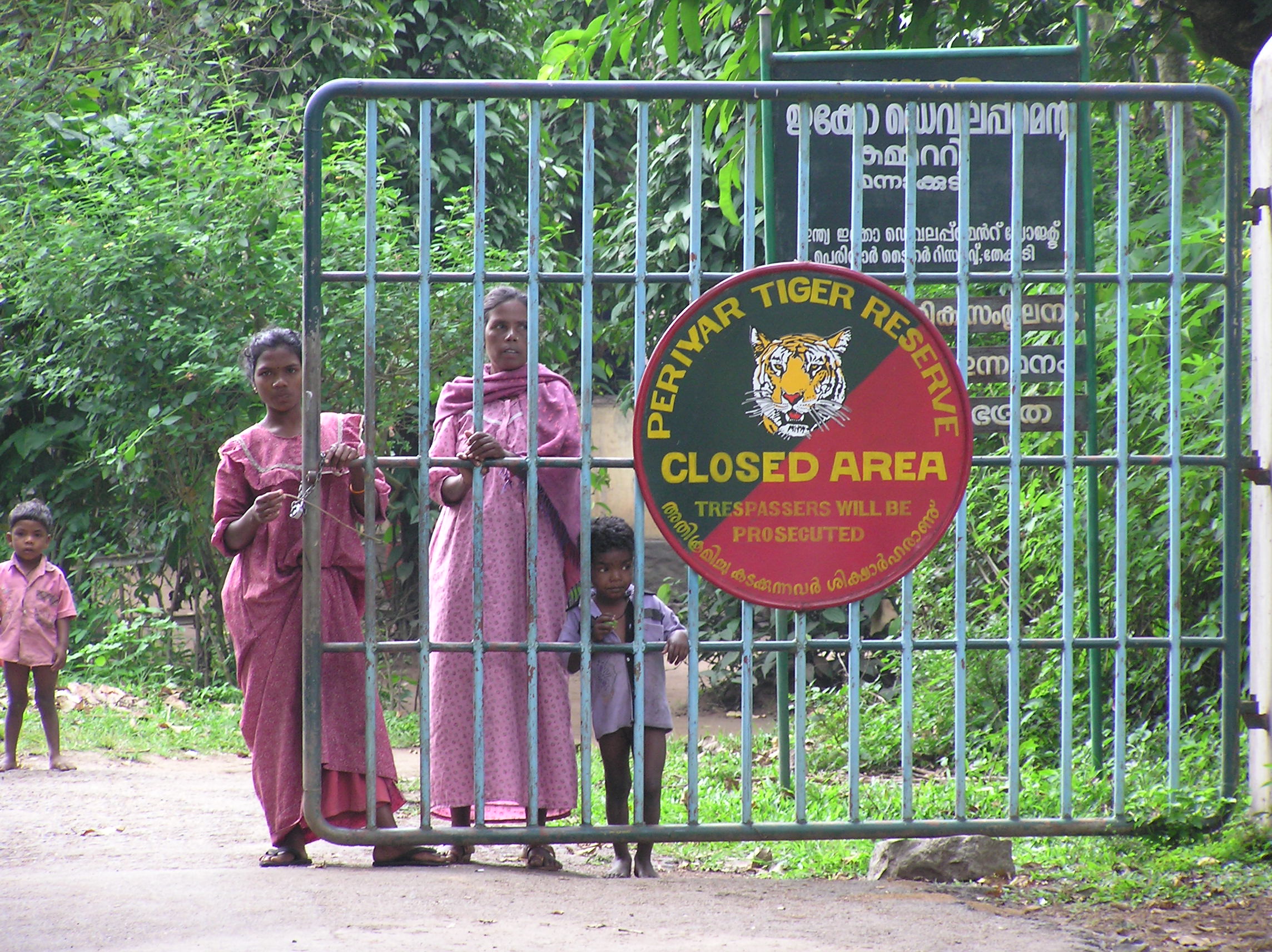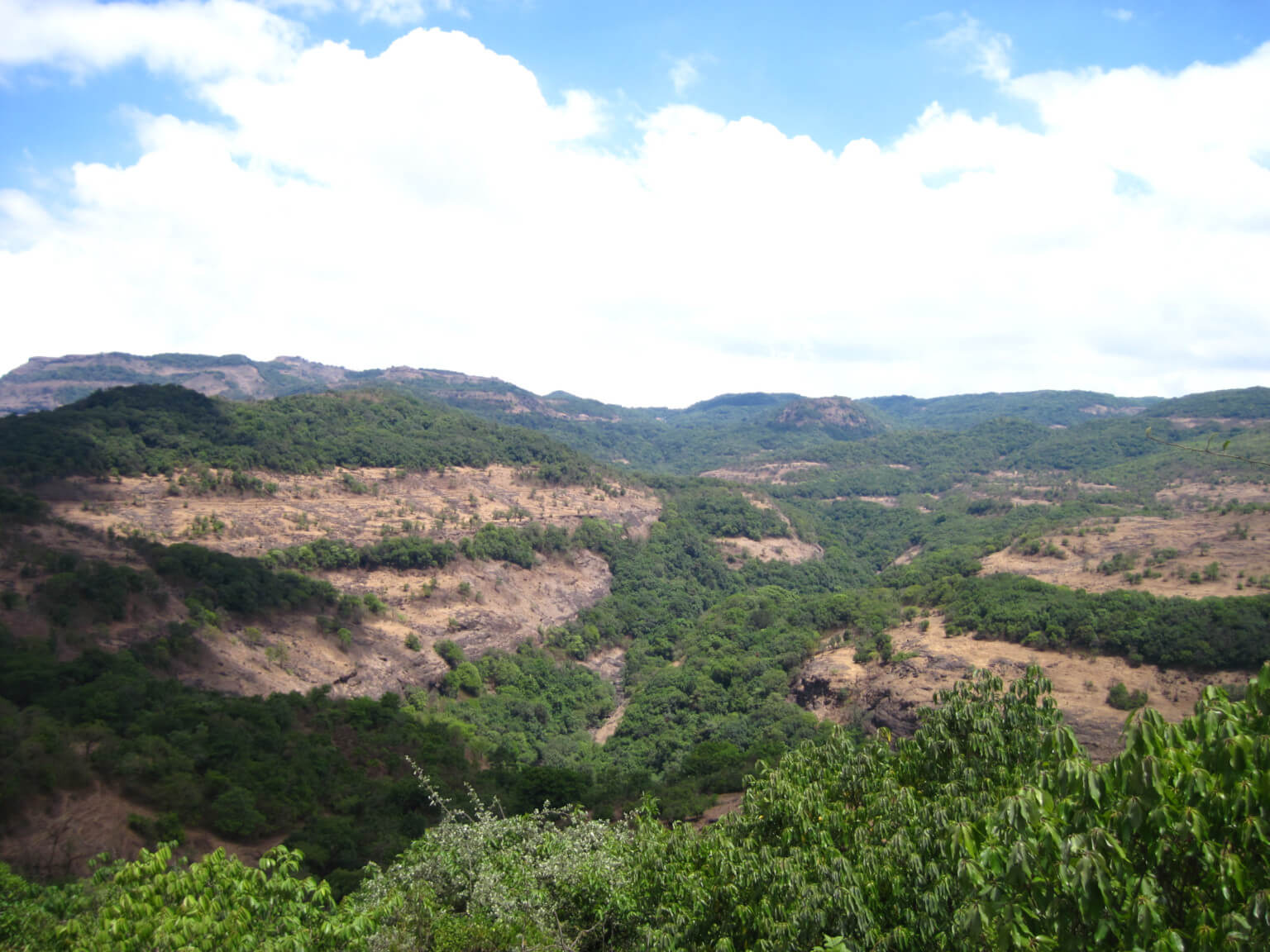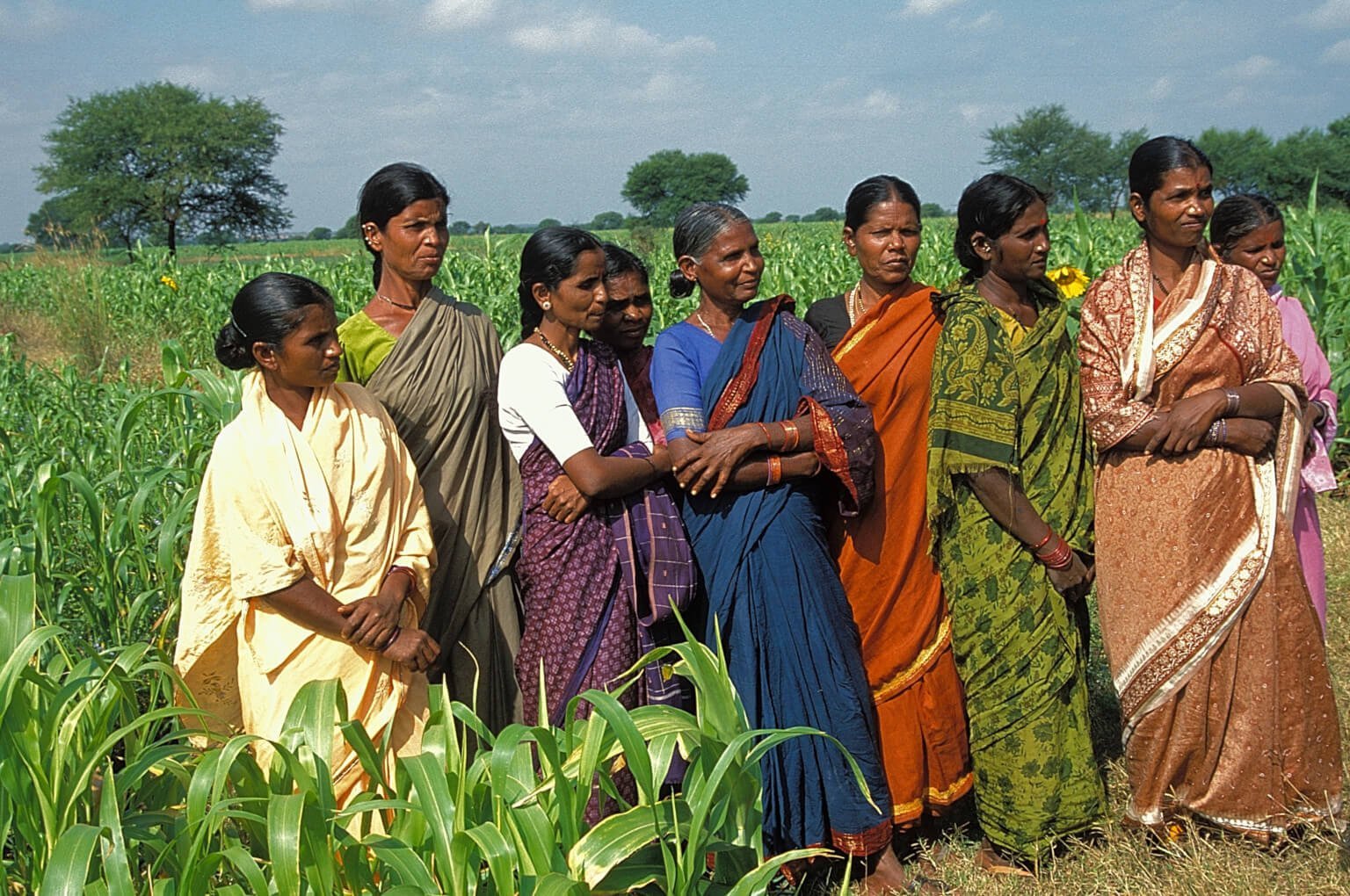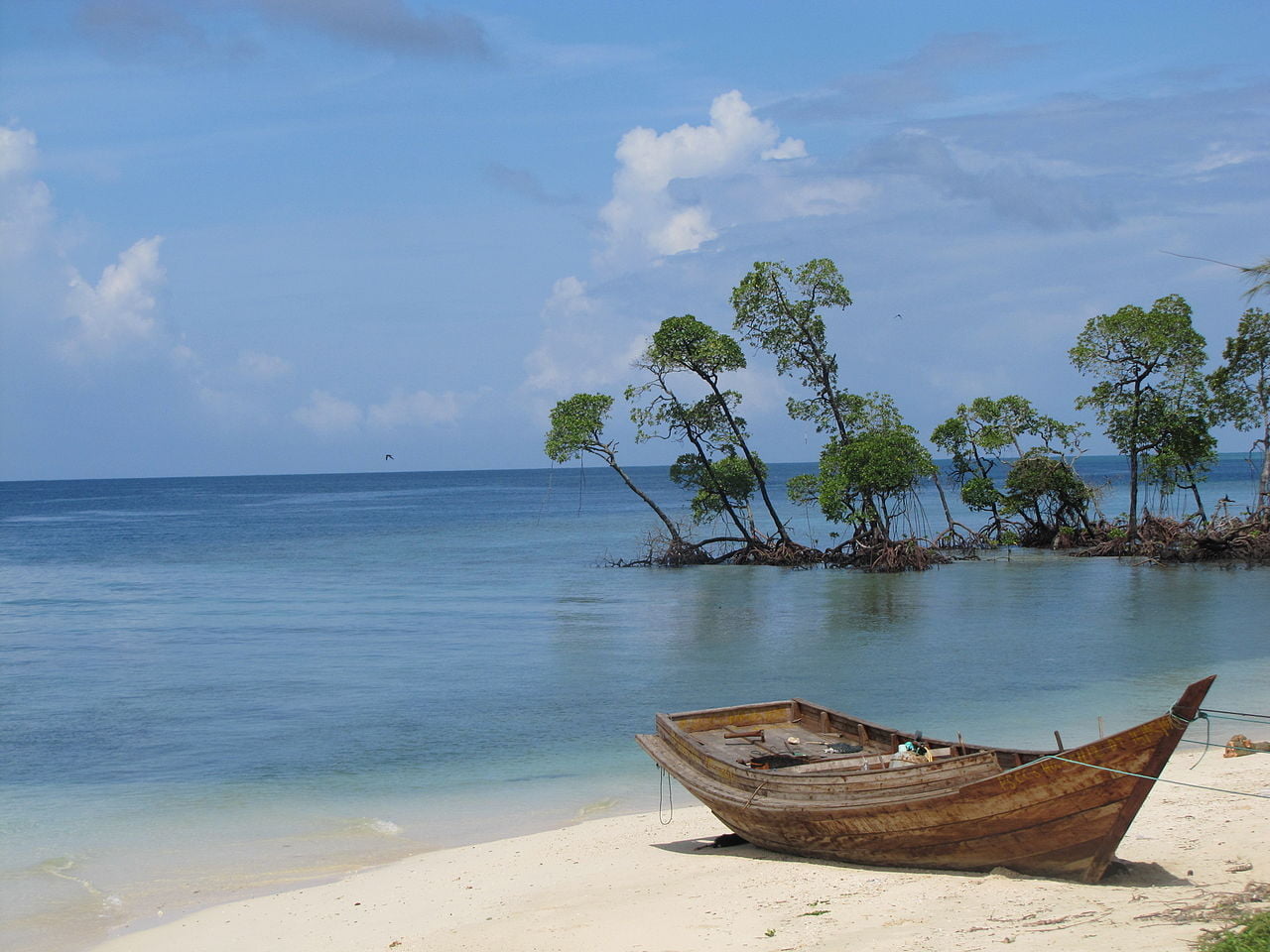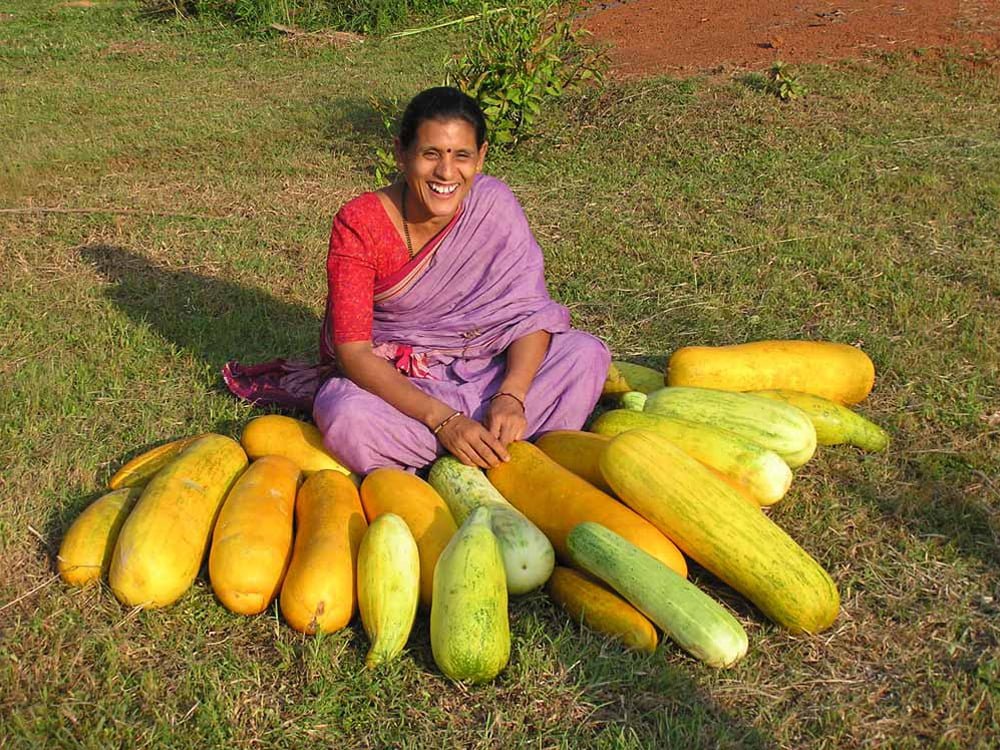At Kalpavriksh, we believe that biological diversity and each of its components need to be respected and conserved for its own sake. On the other hand, these also need protection as habitats for wildlife, as providers of water and other forms of ecological security, as a source of basic survival and livelihood for millions of people and as sacred spaces. Kalpavriksh believes that ensuring Ecological, Livelihood and Cultural Security of those most critically dependent on biodiversity and its components is the only way for the long term survival and development of human societies and for the sustenance of all life forms at the planetary level.
In the context of the looming planetary crisis of climate change and the ensuing global warming brought on by a model of development which fosters remorseless exploitation of natural resources, dispossession of communities, breakdown of indigenous cultures , species extinctions and ecological and civilizational collapse; any model of conservation therefore needs to integrate all three aforementioned factors of concern. Achieving the integration of these three is not possible in isolated and fragmented islands, which has so far been the approach with the current model of conservation governance. This can only be done across a wider landscape as a continuum of land and water uses in order to ensure conservation, cultural and livelihoods security.
For over three decades Kalpavriksh has been closely involved with documentation, research, knowledge sharing, ground engagement, legal help and advocacy and efforts at all levels towards facilitating inclusive local conservation governance. This has been particularly related to inclusive protected area management and governance, and through study, documentation and advocacy related to Community Conserved Areas (CCAs); and Research and advocacy on laws like the Scheduled Tribes and Other Traditional Forest Dweller’s (Recognition of Forest Rights) Act, 2006 and those provisions of the Wildlife (Protection) Act, 1972, Panchayats (Extension to Scheduled Areas) Act, 1996 and other acts such as the Biological Diversity Act, 2002 that support community based conservation.
The aims of the Conservation and Livelihoods theme are therefore to:
- Create appropriate ground situations and policy environment for supporting cultures, lifestyles and communities that are trying to achieve a balance between livelihoods and conservation.
- Create appropriate ground situations and policy environment for more communities to achieve a balance between livelihoods and ecological security.
- Working towards research that can affect a change in government and civil society attitude and functioning such that they become facilitative of such communities.
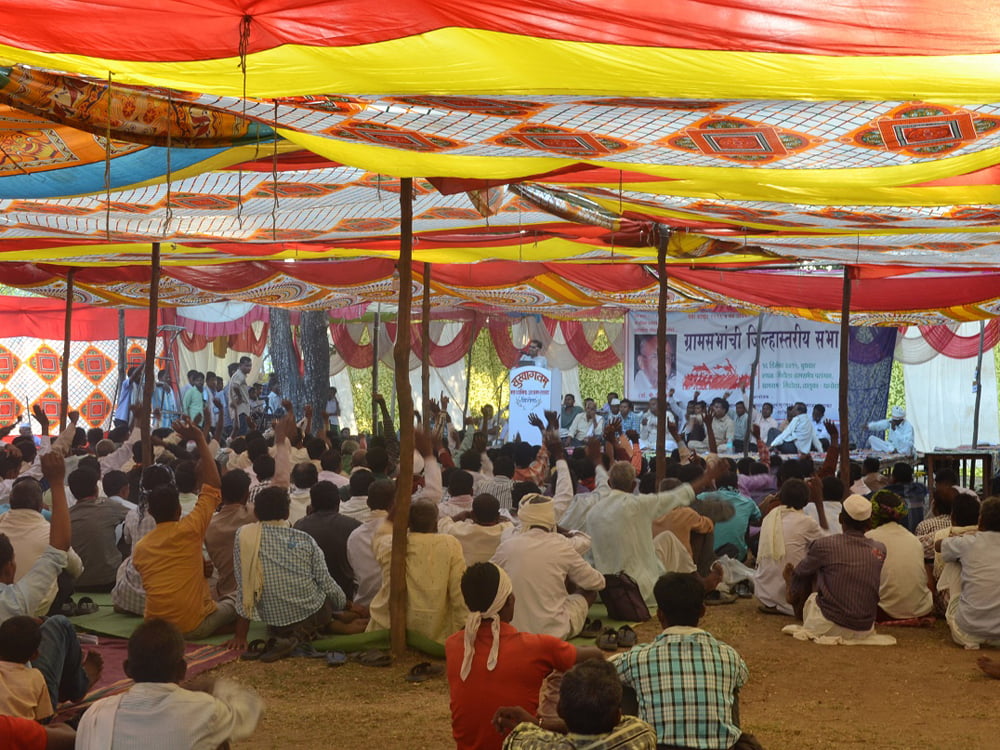
Campaigns
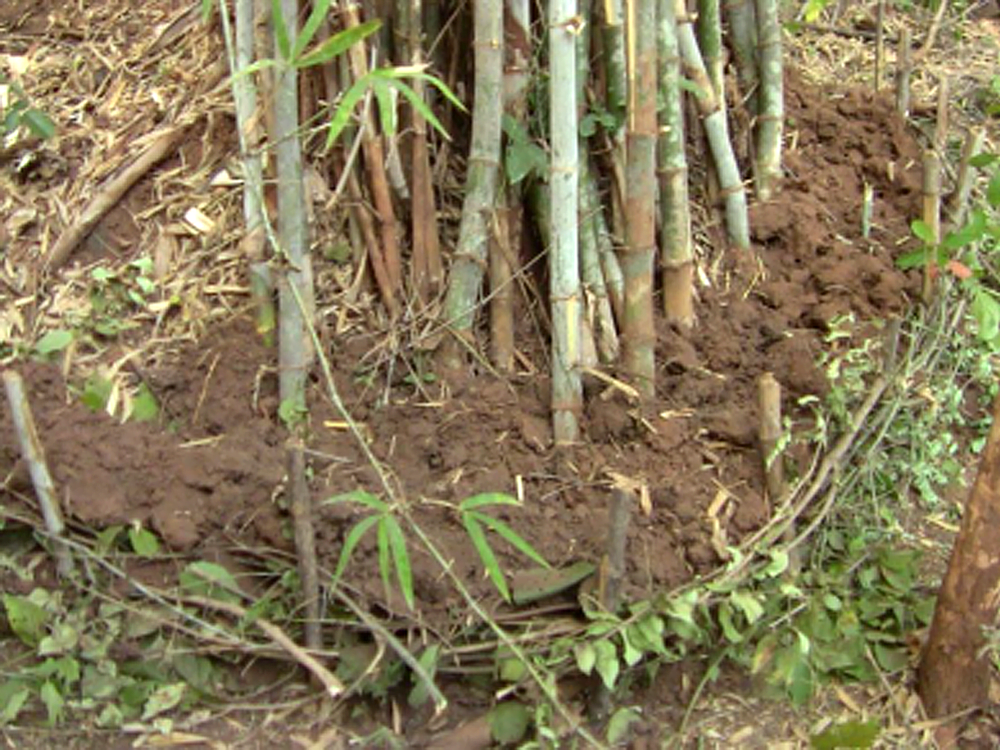
Miscellaneous
CONTACT
Neema Pathak Broome, [email protected]
The contact for Campaign for Conservation and Community Control over Biodiversity are [email protected] and [email protected]


